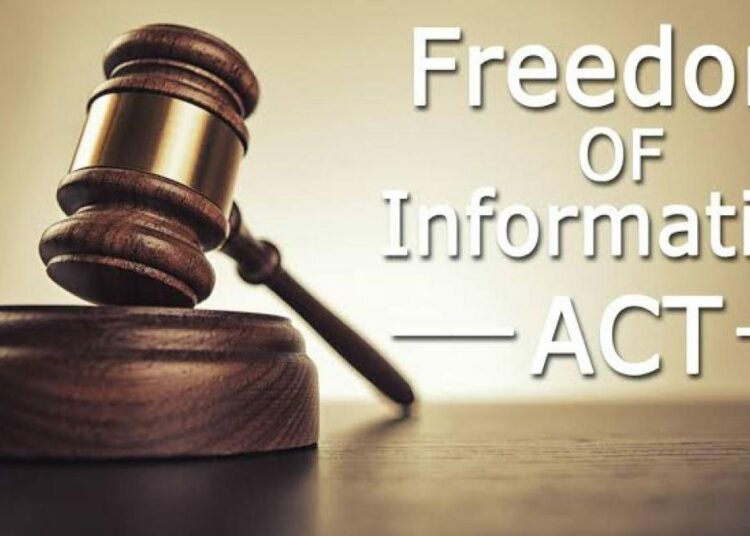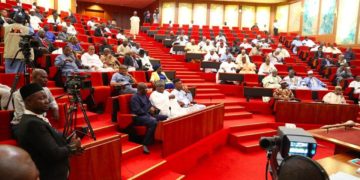Stakeholders in Nigeria’s media, civil society and governance sectors have called for stronger compliance mechanisms and sanctions for public officials who default, as discussions on the proposed amendments to the Freedom of Information (FoI) Act (2011) gather momentum.
At a two-day technical session convened in Abuja under the European Union Support to Democratic Governance in Nigeria Phase II (EU-SDGNII) programme, participants stressed the need to ensure that any review of the Act strengthens rather than weakens citizens’ right of access to information.
The session, which was jointly organised by the International Press Centre (IPC), the Centre for Media and Society (CEMESO), Policy and Legislative Advocacy Centre (PLAC) and YIAGA Africa, brought together about 25 stakeholders, including representatives of the Federal Ministry of Justice, Ministries, Departments and Agencies (MDAs), media organisations and civil society groups.
Speaking at the opening, Mr. Lanre Arogundade, Executive Director of IPC, said that access to information remains “the oxygen of democracy,” adding that political officeholders often exploit loopholes to withhold public information.
“It may seem odd that just 14 years after the FOI Act came into effect, we are discussing amendments. But it is a reality we must contend with. We must be vigilant to ensure that any review strengthens, rather than erodes, the right of access to information,” he said.
Arogundade lamented that many MDAs fail to comply with Section 29 of the FOI Act, which mandates them to submit annual reports to the Office of the Attorney General of the Federation. This, he said, allows some defaulting agencies to escape public scrutiny.
He also called for a review of sanctions for deliberate non-disclosure and destruction of public records, provisions to enable MDAs to budget adequately for FOI compliance, and measures to ensure capacity building for designated FOI desk officers.
In his opening remarks, Executive Director of CEMESO, Dr. Akin Akingbulu, described the FOI Act as a cornerstone of Nigeria’s democracy but said its implementation has faltered.
He recounted instances where journalists and citizens seeking information were threatened or ignored by public institutions, saying such experiences underscore the need for reform.
“The FOI Act was not just a legal innovation; it was a democratic declaration that Nigerians deserve to know how their taxes are spent and what decisions are made in their name,” Akingbulu said.
“Yet 14 years later, many public institutions act as though the FOI Act is a favour they can withhold, not a duty they are bound to fulfil. We must ensure that the amendment process does not become an exercise in weakening the law.”
Akingbulu further criticised the absence of sanctions for non-compliance and noted that many agencies neither designate FOI desk officers nor allocate budgets for implementation.
He stressed that the Supreme Court ruling affirming the applicability of the FOI Act at all levels of government must be reflected in the amendment process, as some state governments still act as if the law does not bind them.
“We must not regress. This is the time to strengthen compliance, clarify sanctions for defaulting institutions, and reaffirm that the right to know is not a privilege, it is a constitutional entitlement,” he added.
The session’s lead resource person, Mr. Edetaen Ojo, Executive Director of Media Rights Agenda (MRA), is expected to guide deliberations on the proposed amendments and lead the development of a Position Paper capturing the voices and recommendations of the various stakeholders.
The technical meeting will also examine how to overhaul Nigeria’s FOI reporting architecture to ensure all MDAs, including those at state and local government levels, comply fully with their obligations under the Act.
The FOI Act, which came into force in 2011 after over a decade of advocacy, grants Nigerians the right to request information from public institutions. However, challenges such as poor compliance, lack of sanctions, and entrenched secrecy in government institutions have limited its effectiveness.











